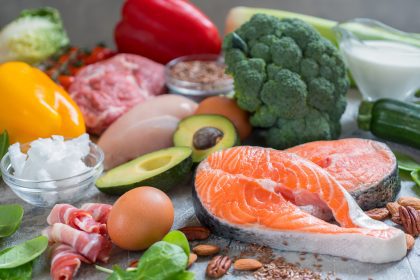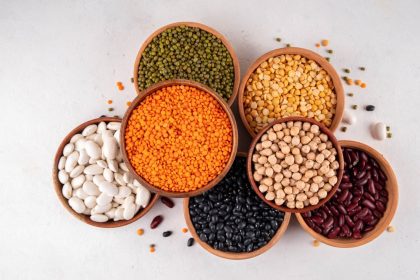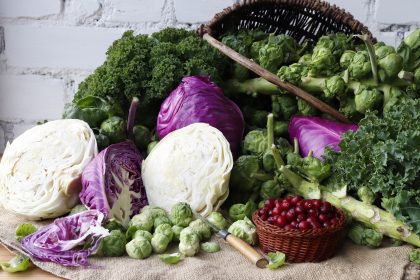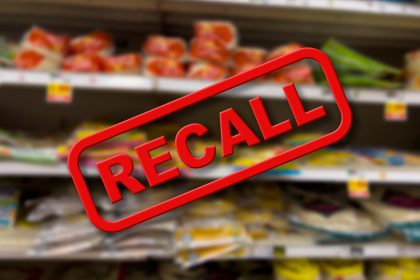Canned beans are a pantry essential for many Americans, offering convenience, affordability, and nutrition in a single can. While they are a healthy addition to meals, rinsing canned beans can enhance their flavor and nutritional value. In this article, we’ll explore why rinsing matters, its potential health benefits, and tips for cooking beans to optimize digestibility.
Why rinse canned beans?
Rinsing canned beans has two main benefits: reducing sodium and improving flavor. Many canned beans are preserved in a salty brine, which can significantly increase sodium levels. Depending on the brand, a half-cup serving may contain anywhere from 80 mg to 400 mg of sodium. For those watching their salt intake, this can be a concern.
Registered dietitian Amy Davis highlights that rinsing canned beans can remove up to 40% of their sodium content. Along with reducing salt, rinsing removes the starchy liquid that can impact the texture and taste of your dish. This simple step helps control sodium levels without sacrificing flavor.
Potential nutritional benefits
Rinsing beans may also alleviate gastrointestinal discomfort. Beans belong to a group of foods known as FODMAPs—fermentable oligosaccharides, disaccharides, monosaccharides, and polyols—which can cause gas and bloating. The oligosaccharides in beans are often responsible for these symptoms. Rinsing may reduce some of these compounds, though evidence on this is mixed.
While dietitian Lindsay Malone suggests that rinsing can help reduce gas, Katy Willbur notes that soaking dried beans overnight is more effective. Pressure cooking and adding certain spices can also improve digestibility, offering alternative methods to enjoy beans without discomfort.
Cooking tips for better digestion
If you’re concerned about gas or bloating from beans, try these strategies:
- Soak dried beans: Soaking beans overnight and discarding the soaking water can significantly reduce oligosaccharides.
- Use a pressure cooker: This method breaks down tough fibers and improves digestibility.
- Add digestive spices: Cumin, ginger, and bay leaves can soothe the stomach and enhance digestion.
When to keep the liquid
While rinsing is generally recommended, there are times when you may want to retain the liquid from canned beans. The liquid, known as aquafaba, is a popular vegan substitute for egg whites and can be used in recipes for meringues and mousses. Additionally, some cooks use the liquid to thicken soups and sauces or add flavor.
If you plan to use aquafaba or need the liquid for a specific recipe, feel free to skip rinsing. Otherwise, draining and rinsing is the best practice for most culinary uses.
Health benefits of canned beans
Canned beans are more than just a budget-friendly option—they are a nutritional powerhouse. Rich in protein and fiber, beans help regulate blood sugar levels and promote satiety, which can prevent energy crashes and keep you feeling full longer. The fiber content also supports gut health by feeding beneficial bacteria and promoting regularity.
Moreover, beans contribute to heart health by lowering cholesterol levels. Studies have shown that regular bean consumption can reduce LDL (bad) cholesterol, improving overall cardiovascular health.
Micronutrients in canned beans
In addition to protein and fiber, canned beans are packed with essential vitamins and minerals, including:
- Folate: Supports cell growth and DNA formation, especially important during pregnancy.
- Iron: Helps transport oxygen in the blood and supports energy production.
- Potassium: Regulates blood pressure and balances electrolytes.
- Magnesium: Supports muscle function, nerve signaling, and bone health.
- Phosphorus: Plays a role in bone health and energy production.
Considerations for nutrient absorption
Despite their many benefits, beans contain phytates and lectins, which can inhibit the absorption of certain nutrients like calcium, iron, and zinc. These compounds are often referred to as “anti-nutrients,” but their effects can be minimized through proper cooking methods, such as soaking and pressure cooking.
The health benefits of beans far outweigh the potential drawbacks. The key is to incorporate them thoughtfully into your diet and use cooking techniques that enhance nutrient availability.
Frequently asked questions
- Do all canned beans need to be rinsed? Not necessarily. Low-sodium or no-salt-added varieties may not require rinsing, but it’s still a good practice to remove the starchy liquid.
- Is the liquid in canned beans safe to consume? Yes, but it can be high in sodium and affect the flavor of your dish. Aquafaba, however, is a useful ingredient in vegan cooking.
- Can rinsing beans reduce gas? Rinsing may help, but soaking dried beans or pressure cooking them is more effective for reducing gas-producing compounds.
Small steps for big benefits
Incorporating canned beans into your diet is a simple way to boost your intake of protein, fiber, and essential nutrients. Rinsing them before use can significantly reduce sodium levels and improve their taste, making your meals healthier and more enjoyable. With a few mindful steps, such as soaking or pressure cooking, you can enjoy the benefits of beans without the unwanted side effects.
Next time you open a can of beans, take a moment to rinse them—you’ll be enhancing both the flavor and nutritional value of your meal.
















